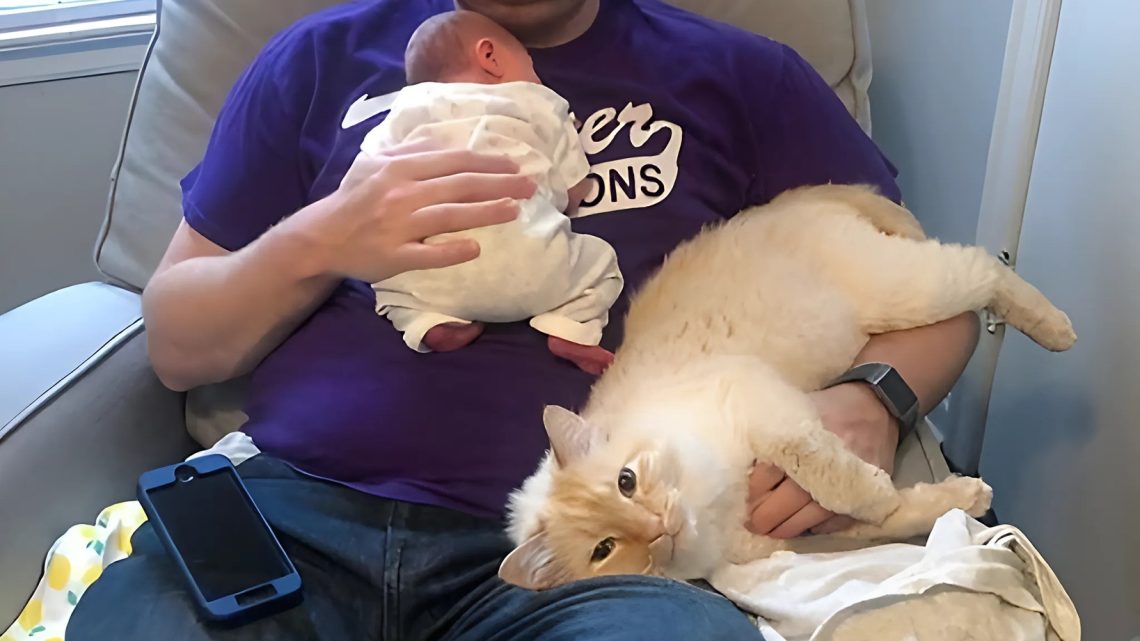I always believed I could interpret the quiet around Keane. Growing up alongside him meant learning a language seldom understood by others — deciphering the flutter of his eyelids, the subtle twitch of his jaw, and the way he meticulously organized his pencils by color and size before tackling his homework. Patience was a necessity, as was sometimes masking my true feelings. In truth, much of our childhood was about navigating through pretense just to keep the peace.
Diagnosed at just three years old, Keane’s condition marked a shift in our family dynamics. I was six then, unable to recall the exact moment of revelation, but the changes remain vivid in memory. Our once lively home grew quieter. My mother’s exhaustion deepened. My father found himself irritable over minor disturbances — from the crinkle of chip bags to the volume of cartoon shows. In response, I mastered the art of being invisible.

Keane, however, remained unchanged in his essence — gentle, withdrawn, occasionally smiling at spinning ceiling fans or passing clouds. For years, he never uttered a word.
Until one day, he did.
The Day Words Broke the Silence
It was a typical Tuesday, a day filled with washing diapers, scavenging leftover noodles, and containing the chaos without losing composure. My baby, Owen, had just turned six months old and resembled what one might call “a tiny demon wrapped in a marshmallow.” My husband, Will, took on extra shifts at the hospital, leaving me frayed at the edges — held together by cold coffee and mental to-do lists. Meanwhile, Keane, as usual, sat in the corner of the living room, bent over his clipboard, repeatedly arranging colors and shapes in a quiet ritual.
We had brought Keane into our home six months prior, shortly before Owen’s arrival. Our parents had passed away years apart — father to a stroke, mother to cancer. After Keane endured a prolonged stay in a state-run care home that only deepened his withdrawal, I refused to leave him there. Offering him a place in our home, he did not speak but merely nodded once, avoiding eye contact.
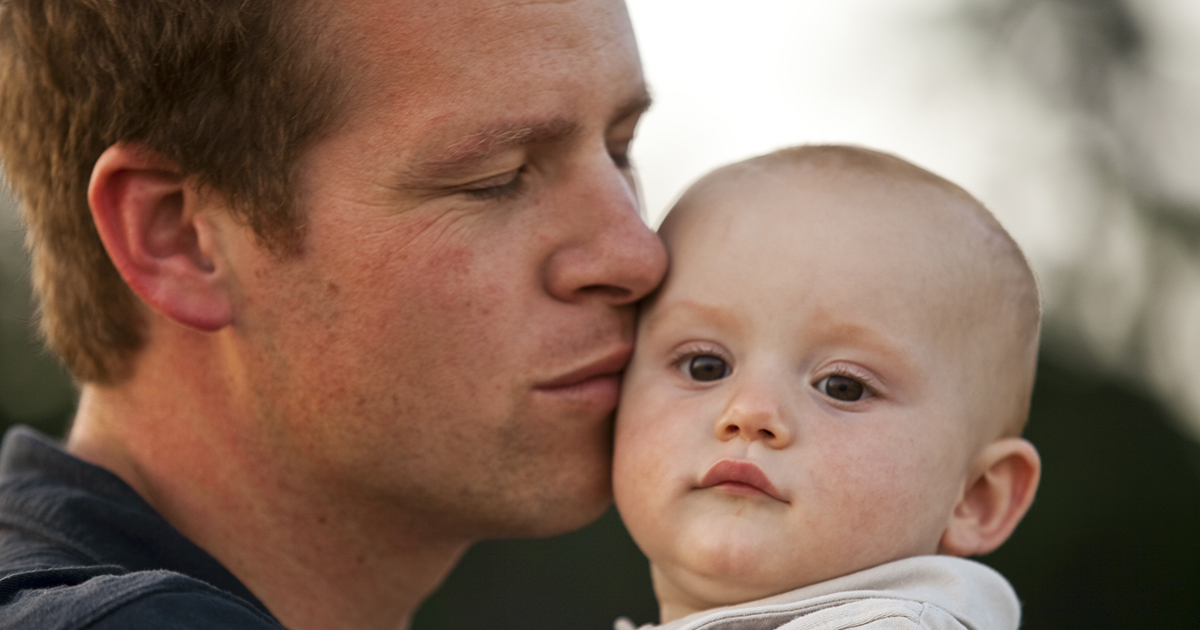
By and large, life settled into a new normal. Keane demanded nothing, accepted whatever I prepared for meals, folded laundry with precise, military-like creases, and immersed himself in his games. Though words escaped him, a constant soft humming filled the background, initially maddening but eventually fading into the fabric of daily life.
Then came that Tuesday morning.
After calming Owen from his third tantrum, likely fueled by teething pains and digestive woes, I finally tucked him into bed. Taking ten minutes for a shower — pretending my bathroom was a spa — I sought a brief retreat from the relentless strain.
Suddenly, a scream shattered the quiet — Owen’s panic-stricken cry of imminent doom.
My mind was paralyzed by fear before reason could take hold. Shampoo dripping from my hair, I slipped on the tile and sprinted down the hallway.
But no disaster awaited me.

Instead, I froze in place.
Keane was seated in my chair — a chair he had never used before, not once in six months. There he sat, legs awkwardly crossed beneath him, with Owen curled quietly against his chest as if the child belonged there. One hand traced gentle, rhythmic strokes along Owen’s back — exactly as I would have done. The other arm enveloped him protectively, a loving embrace, instinctual and soft.
Owen lay calm, showing no tears, only a small bubble of drool at his lip.
Our cat Mango perched comfortably on Keane’s lap, purring audibly from across the room.
I could only stand in stunned silence.
Then Keane looked up — not directly at me but seemingly through me — and in a barely audible whisper said,
“He likes the humming.”

The impact was profound — not just the words themselves, but the tone filled with certainty and calm presence. After years without a syllable, my brother was suddenly here, fully present.
“He likes the humming,” he repeated. “It’s the same as the appendix. The yellow one with bees.”
Wiping tears away, I stepped closer, astonished. “You mean… the lullaby?”
Keane nodded firmly.
From that simple exchange, everything began to shift.
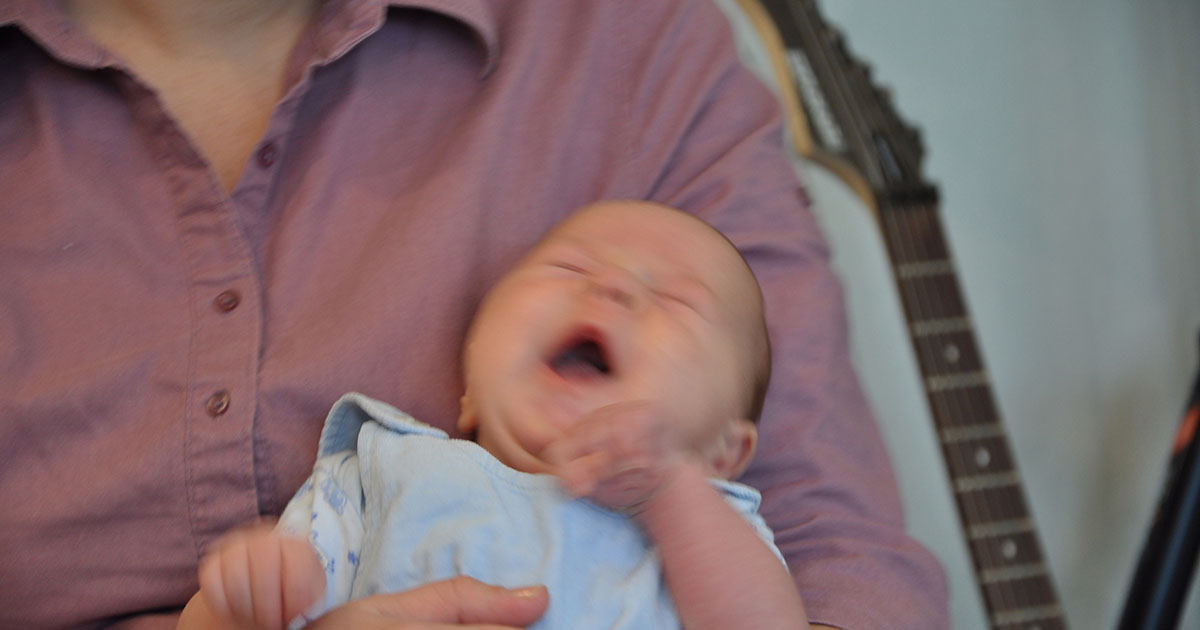
Small Steps Toward New Connections
That afternoon, I allowed Keane to hold Owen in his arms longer. I observed their synchronized breathing, anticipating Keane would pull back once noticed, as he often had. Instead, he remained calm and grounded, authentically present.
I asked if he would feed Owen later, and he nodded.
Day by day, Keane began to open further.
A week later, I left them alone for increasing stretches: twenty minutes, then thirty, then two hours while I met a friend for coffee — my first break since Owen’s birth. Upon returning, I found Keane not only had changed Owen’s diaper but also organized a changing station.
His words slowly surfaced, simple observations about daily life:
- “The red bottle leaks.”
- “Owen prefers pears over apples.”
- “Mango hates when the heater comes on.”
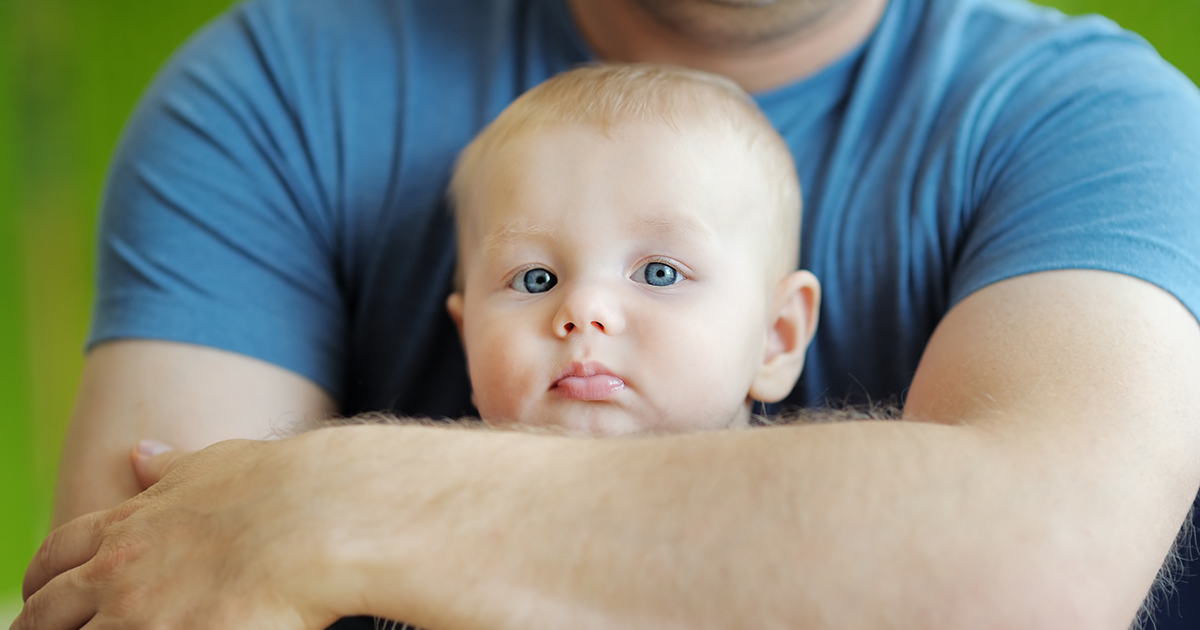
During those first weeks, tears flowed more freely than in the past year combined.
Will noticed too, remarking one evening, “It feels like living with someone who’s just awakened. It’s astonishing.”
But mixing wonder was a deep fear. The more Keane revealed himself, the more I realized how little I had truly seen him. I had accepted silence as his gift and never questioned if he desired more. Now, witnessing his words, tenderness, and structure emerging, guilt wrapped around me like a second skin.
He required what I lacked — and almost slipped through my grasp.
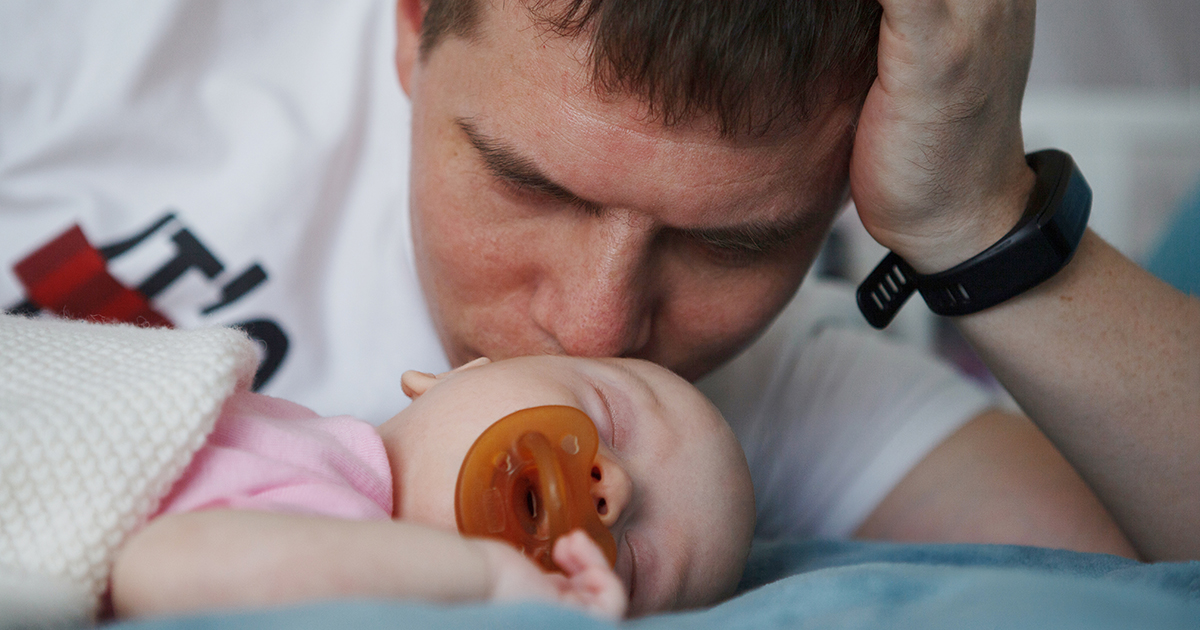
One evening after a late shopping trip, I found Keane pacing with a different gait — steady, not wavering as when anxious. Owen cried softly from his room. Mango scratched the door.
Keane’s eyes widened as he confessed,
“I dropped him.”
My heart skipped. “What?”
“Into the crib,” he explained. “I didn’t want to wake him. I thought… but he rolled to the side. I’m so sorry.”
Rushing to Owen, I found him fine — sleepy and almost tearless, without bruises or bumps. Holding him close, I reassured myself before returning.
In the living room, Keane sat with folded hands, murmuring repeatedly, “I messed up. I ruined everything.”
Sitting beside him, I countered, “You didn’t ruin anything.”
“But I hurt him,” he insisted.
“No,” I said softly. “You made a mistake — a completely human one.”
His gaze bore into me, strict and searching.

“You’re not broken, Kin. You never were. I just didn’t know how to listen to you.”
And then, the tears came.
Quiet sobs, full and heartfelt.
I embraced him the way he had held Owen — like a man who at last understands love’s true nature is not about fixing others, but about seeing and accepting them fully.
A Journey Toward Connection and Hope
Six months onward, Keane volunteers two days a week at a sensory play center. Owen’s first word was “Keane” — not “Mom” or “Dad,” but simply his brother’s name. Our world, once enveloped in silence, now echoes differently.
Key Insight: Sometimes, silence carries a depth louder than words, and a few whispered syllables have the power to transform entire lives.
Our story reveals how rediscovery and acceptance can reconnect siblings, fortify families, and redefine understanding.
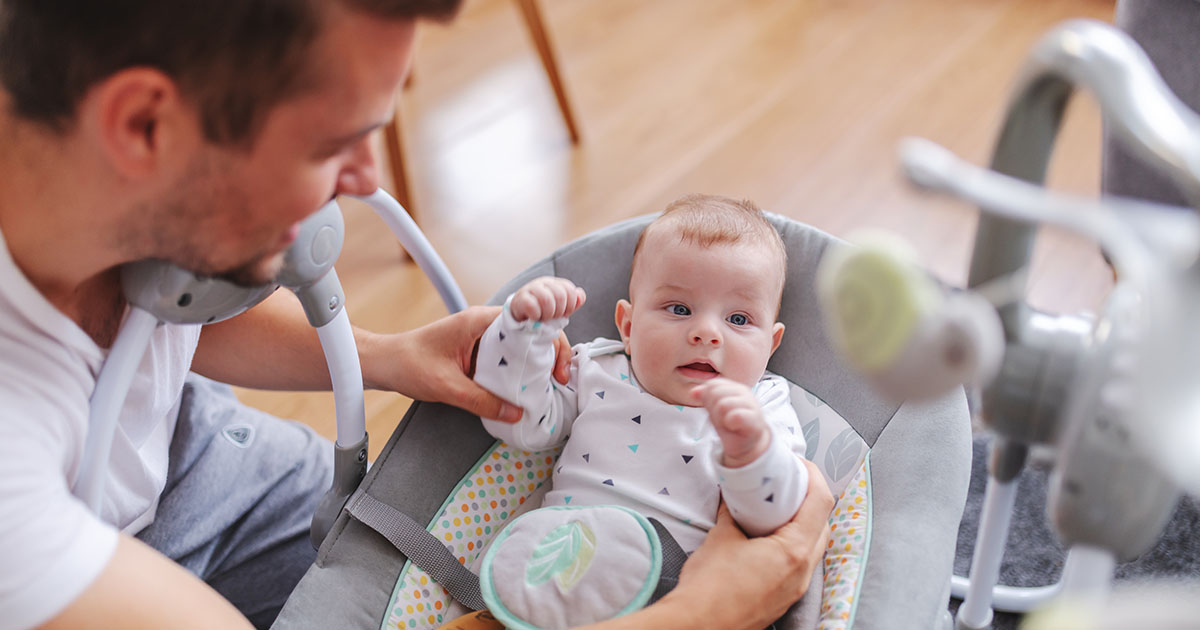
Moments like these remind us that genuine love is found not in demanding understanding but in embracing presence. The quiet hums, the whispered words, they change everything.
Reflecting on this journey, it is evident that patience and openness can reveal unseen depths in those we thought we knew. Through compassion, we find new ways to connect and heal.
